Image of 1942 Hudson Commodore Series 22, Note: These illustrations use artistic license and may differ from actual historical models.
Performance Metrics
Fundamental Metrics
Emotional Appeal
MMP Rating
| Engine Specifications | |
|---|---|
| Engine Options: | Inline 6 |
| Displacement Range: | 212 cubic inches |
| Horsepower Range: | Estimated 102 hp |
| Torque: | 200 lb-ft |
| Compression Ratio: | Estimated 6.5:1 |
| Ignition System: | Distributor and coil |
| Cooling System: | Liquid-cooled |
| Performance Specifications | |
| 0-60 Time: | Information not available |
| 1/4 Mile Time: | Information not available |
| Top Speed: | Estimated 80 mph |
| Transmission and Drive | |
| Drive Type: | Rear-wheel drive |
| Transmission Type: | 3-speed manual |
| Fuel and Efficiency | |
| Fuel System Type: | Carburetor |
| MPG: | Estimated 15-20 mpg |
| Dimensions and Brakes | |
| Brakes: | Drum brakes |
| Wheelbase: | 121 inches |
| Weight: | Estimated 3,200 lbs |
Note: Specifications for classic cars are given to the best of our ability, considering the limited and variant data available.
Unveiling the Elegance of the 1942 Hudson Commodore Series 22
Stepping into the spotlight with a blend of luxury and innovation, the 1942 Hudson Commodore Series 22 was a remarkable feat of automotive engineering. Born from the creative minds at Hudson Motor Car Company, this vehicle emerged as a beacon of hope and progress during an era shadowed by global conflict. With its sleek lines and advanced features, the Commodore didn't just transport its passengers; it transported them to a future filled with possibilities. One unique fact that car enthusiasts might find fascinating is that production of civilian vehicles like the Commodore was halted shortly after its release due to World War II, making this model a rare piece of history.
Design and Innovation
The exterior of the Hudson Commodore Series 22 exuded sophistication with its aerodynamic silhouette and bold chrome grille. The car's flowing fenders and pronounced curves were a testament to the art deco influence prevalent in automotive design of that era. Inside, passengers were enveloped in luxury, with high-quality fabrics and woodgrain accents adorning the spacious cabin. Technologically ahead of its time, the Commodore featured an optional "Drive-Master" system, which allowed drivers to switch between manual and automatic shifting. While color options were varied, hues such as deep maroons and navy blues were popular choices that accentuated the vehicle's dignified presence. Among body styles, the four-door sedan stood out as an iconic symbol of American family life in the early '40s.
Historical Significance
The Hudson Commodore was more than just another car; it was a statement. At a time when America was on the brink of entering World War II, this vehicle represented technological ambition and domestic resilience. Its unique "step-down" design concept, introduced later by Hudson, revolutionized passenger comfort and vehicle handling, setting a new standard for automotive design.
Performance and Handling
Underneath its elegant hood, the 1942 Hudson Commodore housed a robust inline-six or optional eight-cylinder engine that delivered smooth yet spirited performance. Although exact top speed and acceleration figures are scarce due to its vintage status, owners reported a driving experience characterized by solid power delivery and respectable agility for its size. The Commodore's road manners were commendable; it absorbed road imperfections gracefully while maintaining poise on more challenging terrains.
Ownership Experience
The Commodore Series 22 found its place in various roles ranging from daily transportation to an esteemed showpiece in classic car exhibitions. Maintenance is typical for vehicles of its age, with some parts requiring dedicated sourcing from vintage car specialists. Overall reliability is contingent on meticulous upkeep but generally fares well among enthusiasts familiar with pre-war automotive care.
Fun Facts
This classic has seen its share of limelight including being owned by celebrities and public figures of its time. While not known for breaking speed records, it held a reputation for quality and reliability. Criticisms were few but did include remarks on fuel consumption—a common trait for vehicles in its class.
Collector's Information
Today, finding a 1942 Hudson Commodore is akin to uncovering a hidden gem. Production numbers were limited due to wartime constraints, with estimates suggesting only several thousand units left the assembly line before manufacturing pivoted towards military efforts. In terms of value range, pristine examples can fetch anywhere from $30,000 to $60,000 or more at auction depending on provenance and condition—reflecting an appreciation trend among classic car collectors.
Conclusion
The 1942 Hudson Commodore Series 22 stands as a testament to pre-war luxury and innovation—a vehicle that not only defined an era but also paved the way for future advancements in automotive design. Its rarity and historical significance continue to captivate enthusiasts around the world, ensuring its legacy endures as one of America's great motoring icons.
1942 Hudson Commodore Series 22 Catalog of Parts
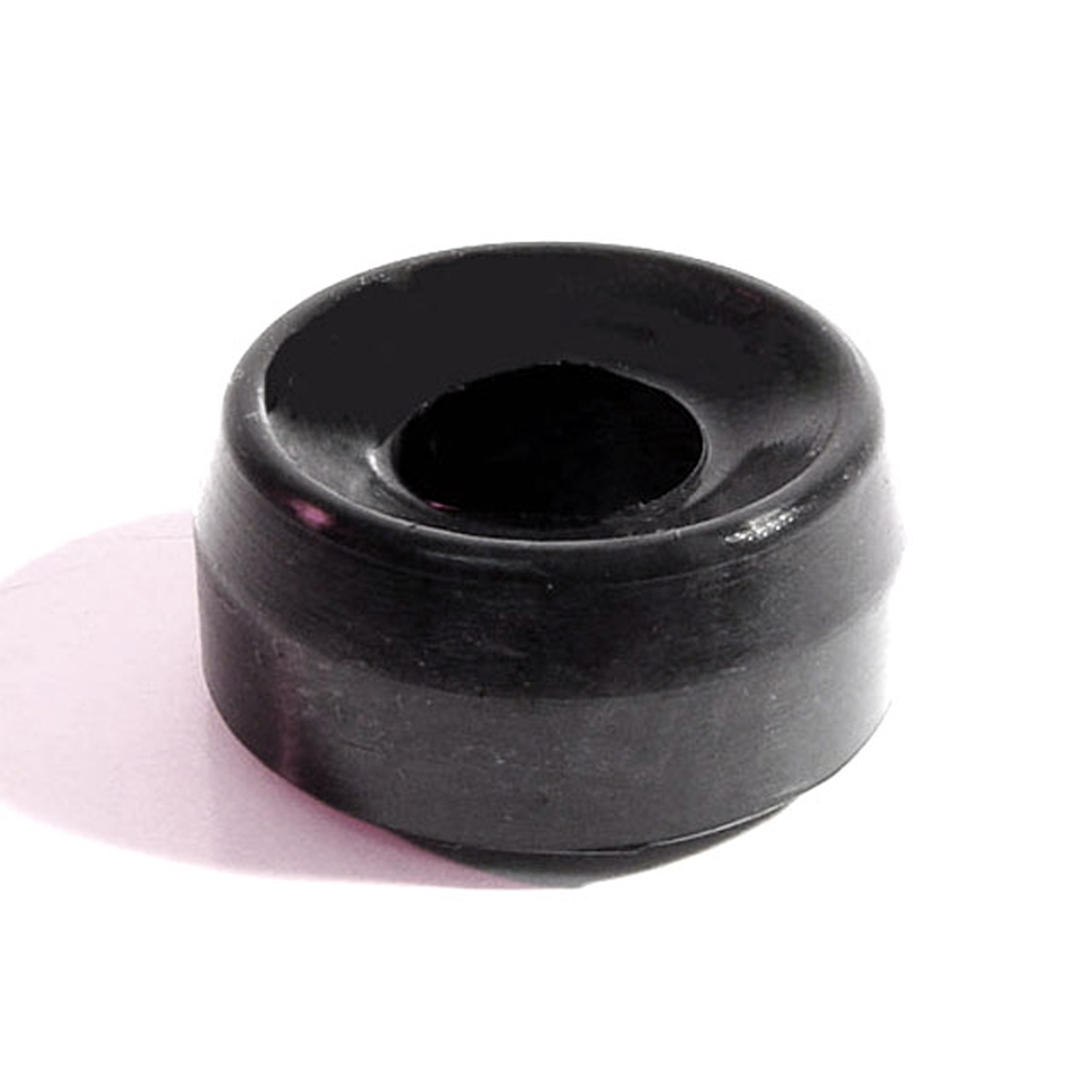 1942 Hudson Commodore Series 22 Rear Stabilizer Bushing. Each-BN 4-HRear Stabilizer Bushing. Each
1942 Hudson Commodore Series 22 Rear Stabilizer Bushing. Each-BN 4-HRear Stabilizer Bushing. Each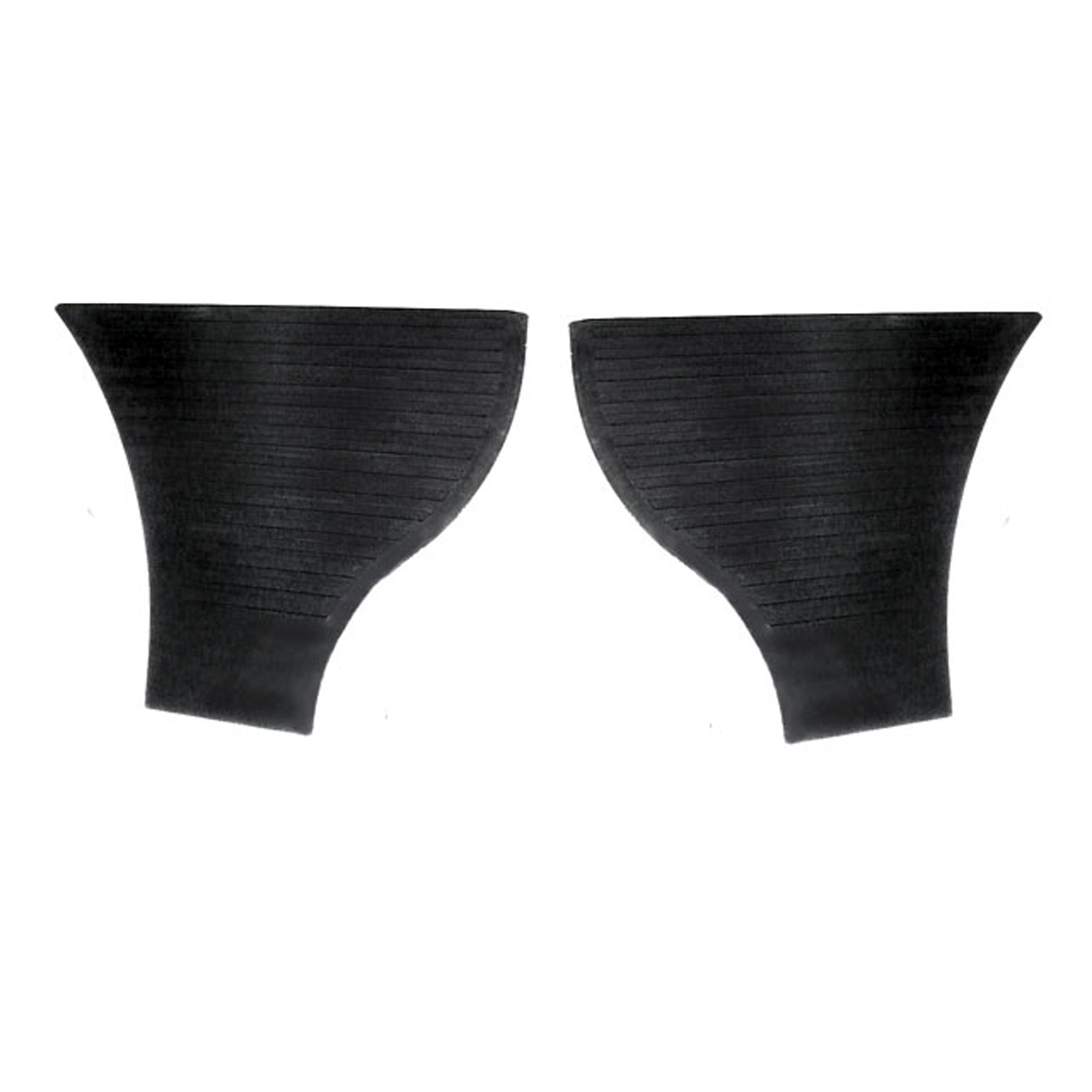 1942 Hudson Commodore Series 22 Gravel Shields. Molded flat, but will conform to curves-FS 36Gravel Shields. Molded flat, but will conform to curves. 10-1/2" long X 12-1/4" wide at top and 4-1/2" wide at bottom. Pair
1942 Hudson Commodore Series 22 Gravel Shields. Molded flat, but will conform to curves-FS 36Gravel Shields. Molded flat, but will conform to curves. 10-1/2" long X 12-1/4" wide at top and 4-1/2" wide at bottom. Pair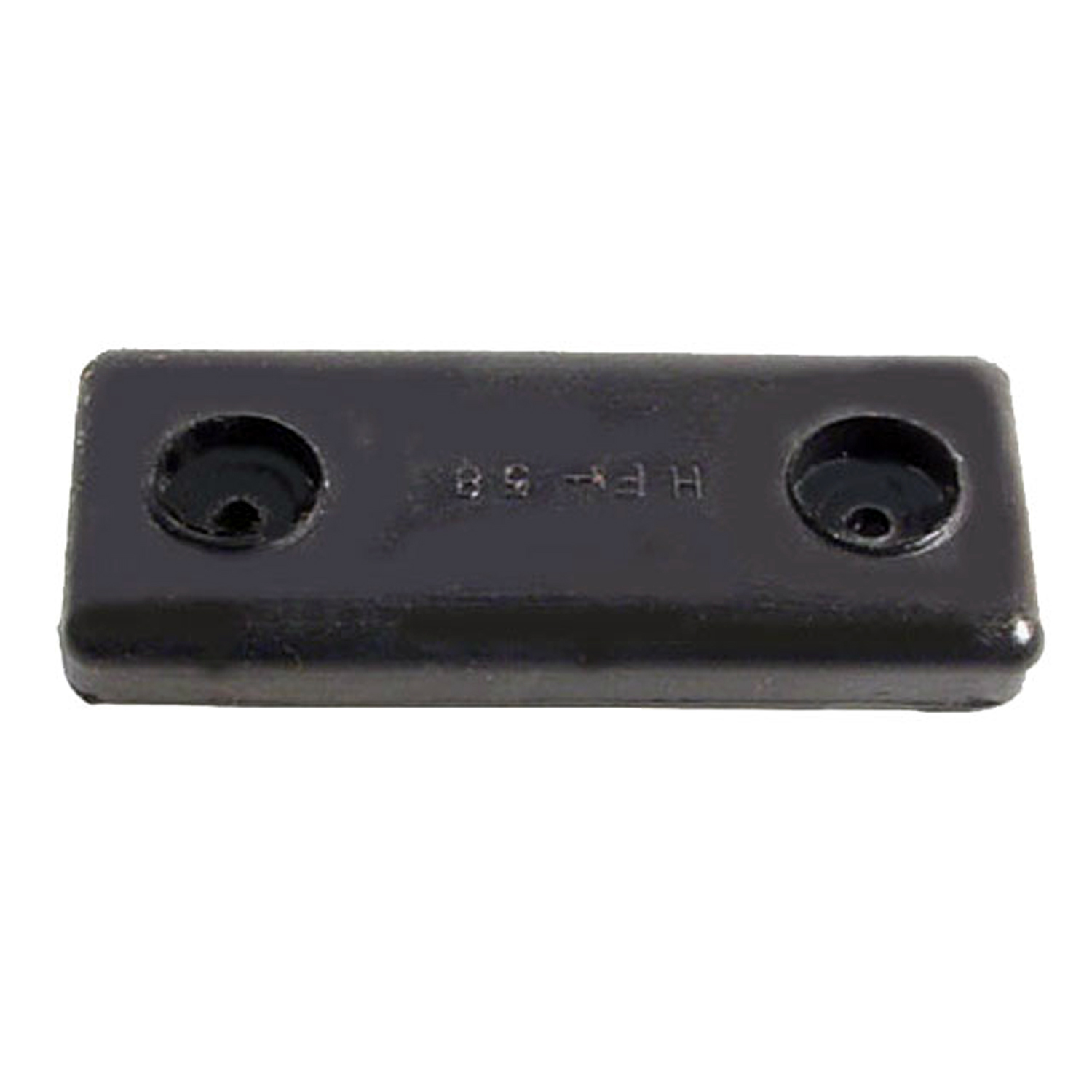 1942 Hudson Commodore Series 22 Rear hood bumper. Fits on cowl. Made with washers-HF 58Rear hood bumper. Fits on cowl. Made with washers. Two used per car. Each.
1942 Hudson Commodore Series 22 Rear hood bumper. Fits on cowl. Made with washers-HF 58Rear hood bumper. Fits on cowl. Made with washers. Two used per car. Each.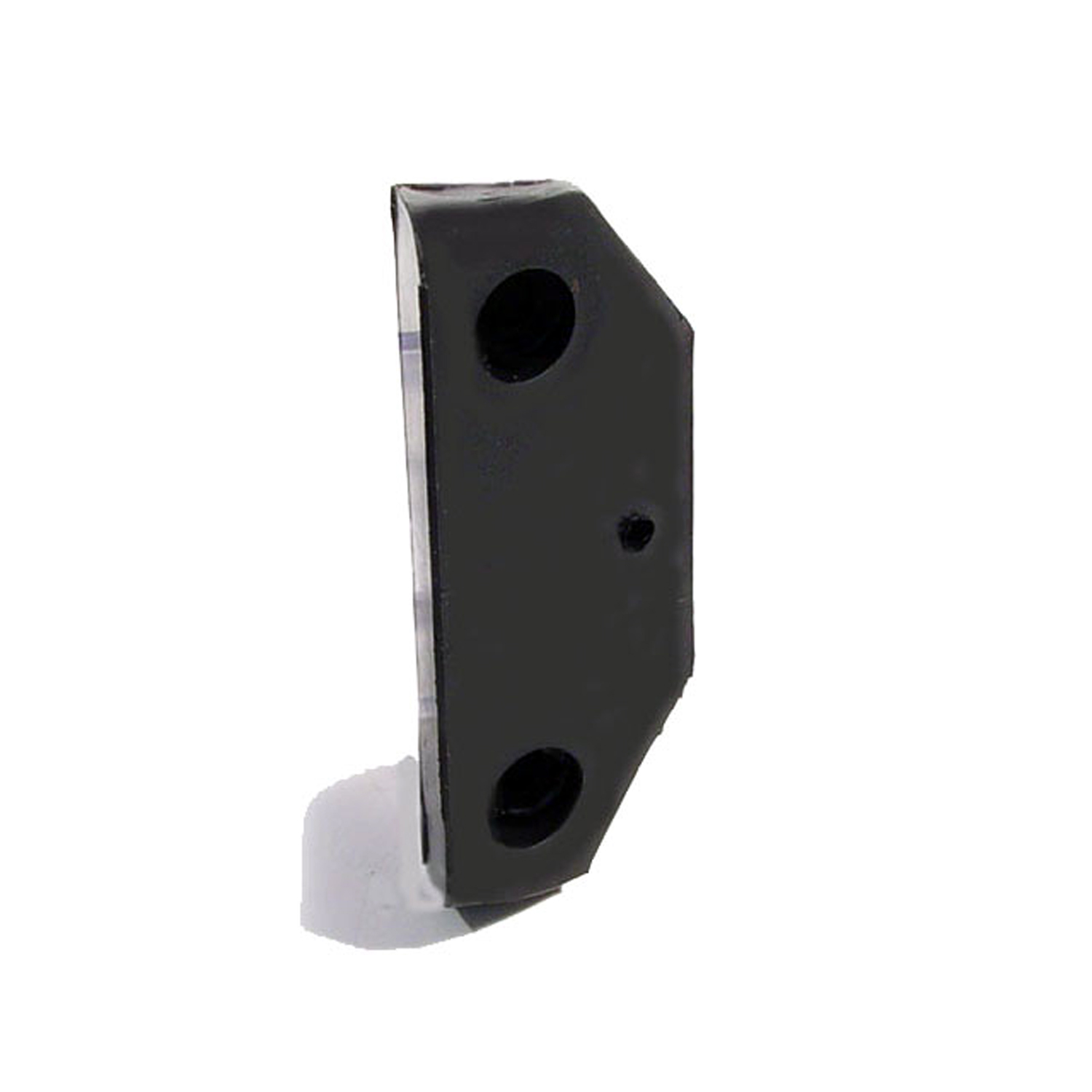 1942 Hudson Commodore Series 22 Front Hood Bumper. Two used per car. Each-HF 58-AFront Hood Bumper. Two used per car. Each
1942 Hudson Commodore Series 22 Front Hood Bumper. Two used per car. Each-HF 58-AFront Hood Bumper. Two used per car. Each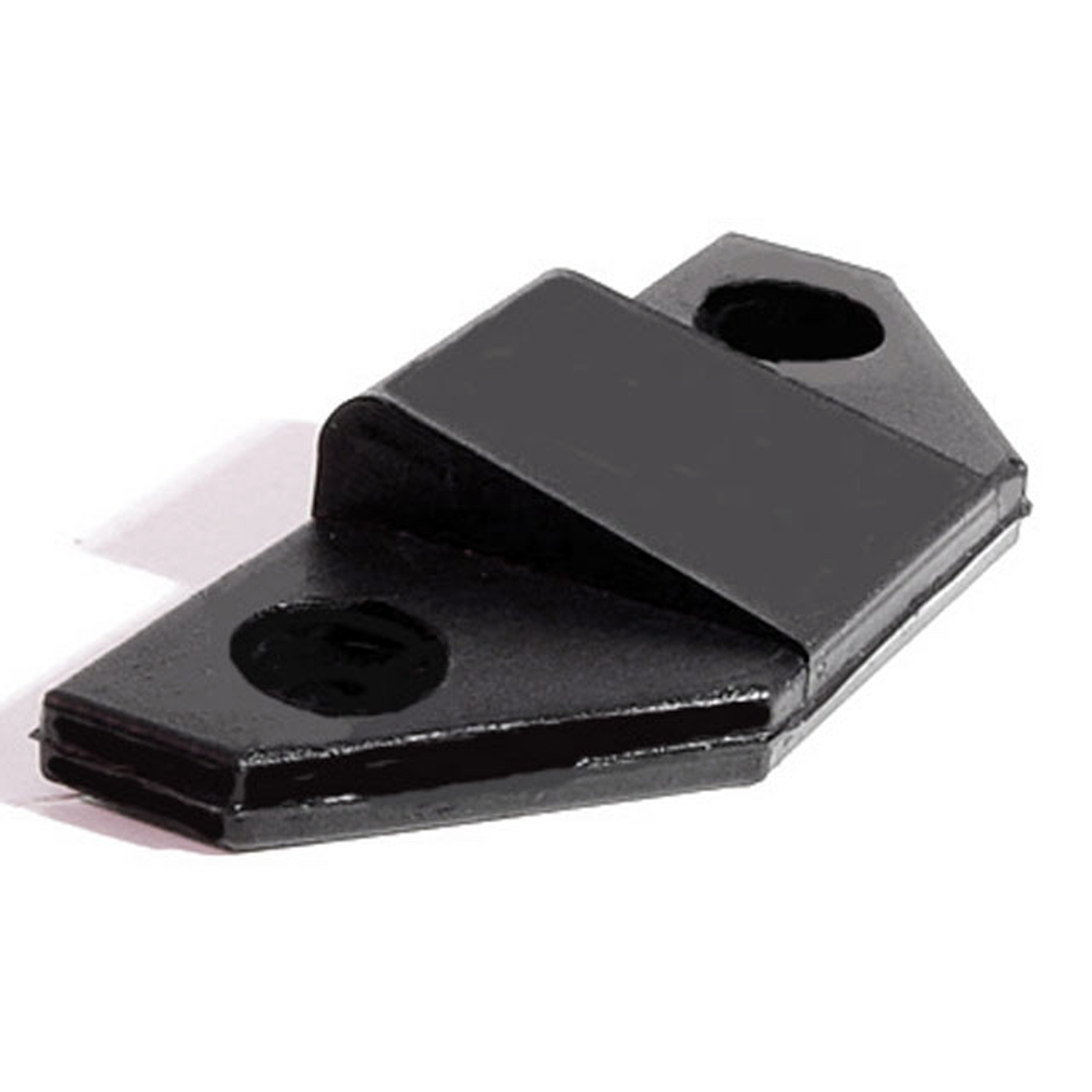 1942 Hudson Commodore Series 22 Middle hood bumpers. Two used per car. Nice reproduction-HF 58-BMiddle hood bumpers. Two used per car. Nice reproduction. Each.
1942 Hudson Commodore Series 22 Middle hood bumpers. Two used per car. Nice reproduction-HF 58-BMiddle hood bumpers. Two used per car. Nice reproduction. Each.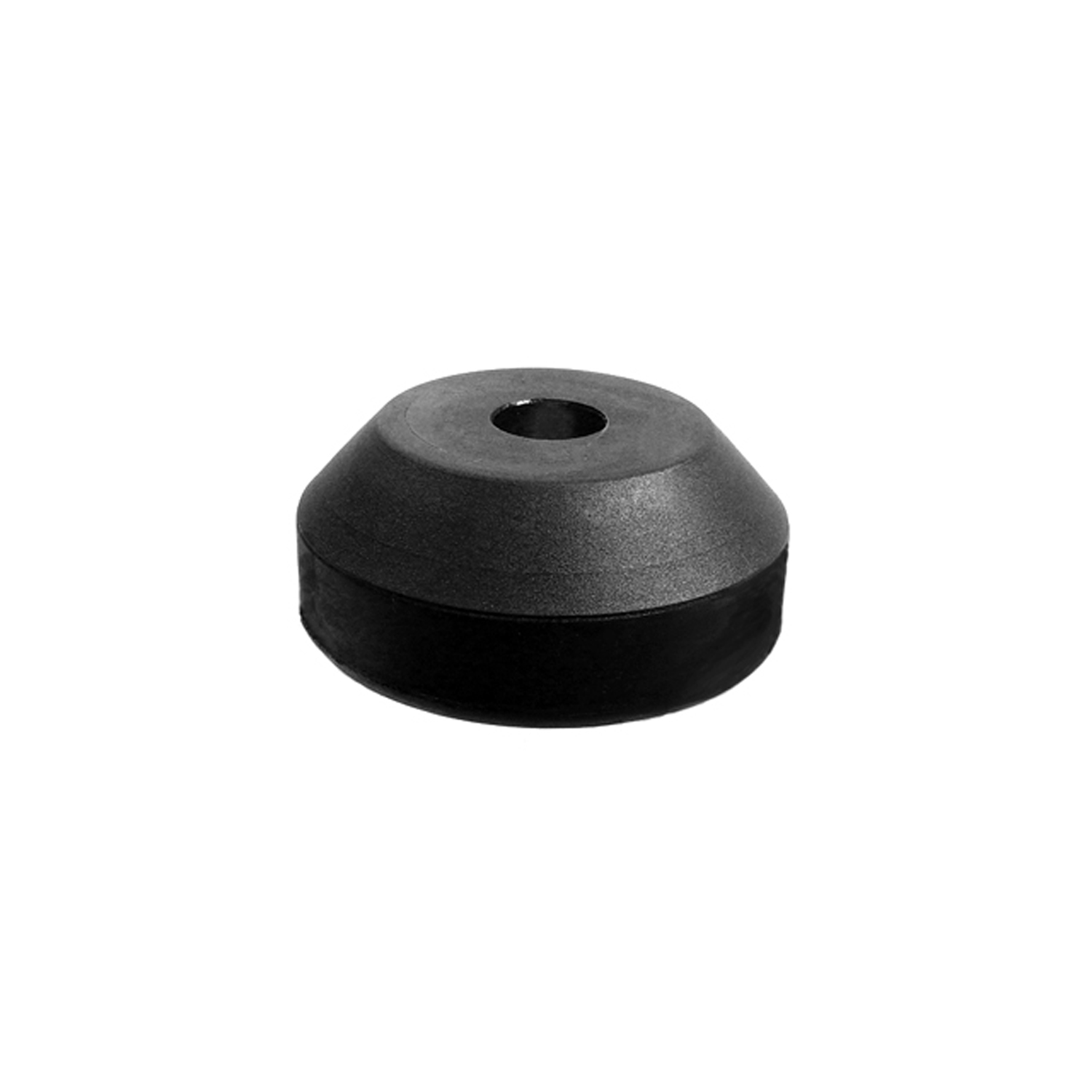 1942 Hudson Commodore Series 22 Upper Motor Mount. 5/8" I.D., 2-5/8" O.D. Each-MM 7-BUpper Motor Mount. 5/8" I.D., 2-5/8" O.D. Each
1942 Hudson Commodore Series 22 Upper Motor Mount. 5/8" I.D., 2-5/8" O.D. Each-MM 7-BUpper Motor Mount. 5/8" I.D., 2-5/8" O.D. Each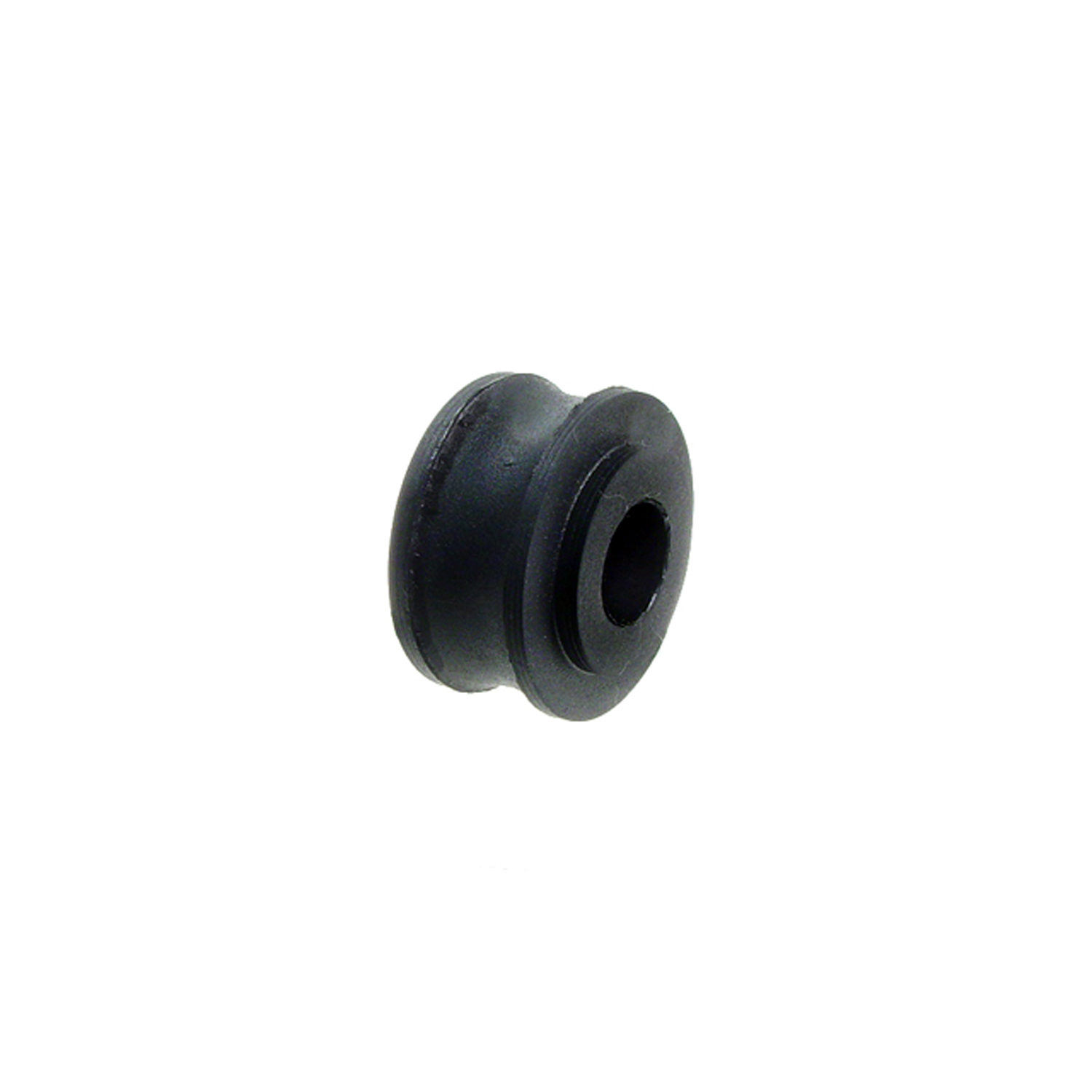 1942 Hudson Commodore Series 22 Lower Motor Mount. 5/8" I.D., 1-5/8" O.D. Each-MM 7-CLower Motor Mount. 5/8" I.D., 1-5/8" O.D. Each
1942 Hudson Commodore Series 22 Lower Motor Mount. 5/8" I.D., 1-5/8" O.D. Each-MM 7-CLower Motor Mount. 5/8" I.D., 1-5/8" O.D. Each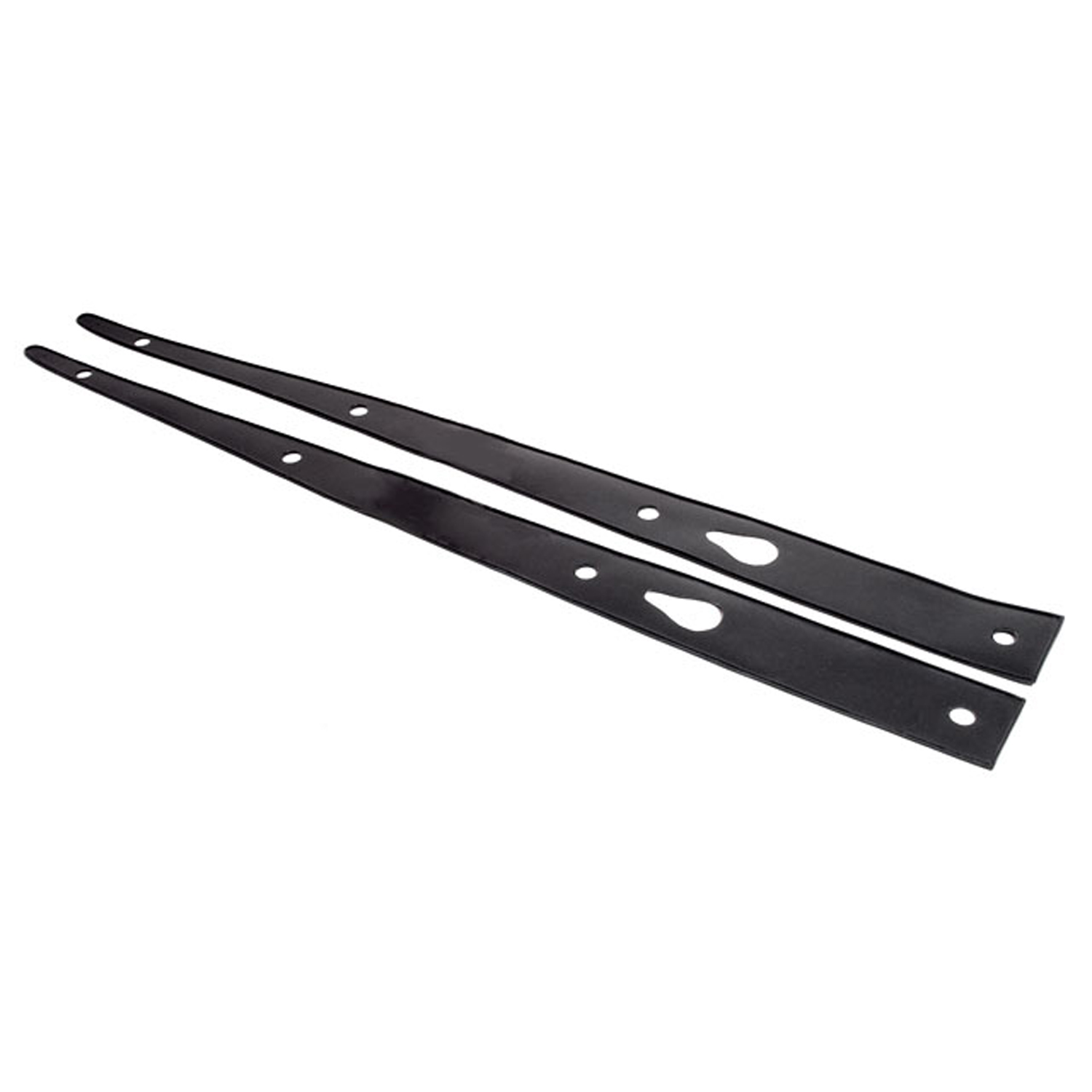 1942 Hudson Commodore Series 22 Parklight Pads. 2-1/8" X 27-5/8" long. Pair-MP 798-RParklight Pads. 2-1/8" X 27-5/8" long. Pair
1942 Hudson Commodore Series 22 Parklight Pads. 2-1/8" X 27-5/8" long. Pair-MP 798-RParklight Pads. 2-1/8" X 27-5/8" long. Pair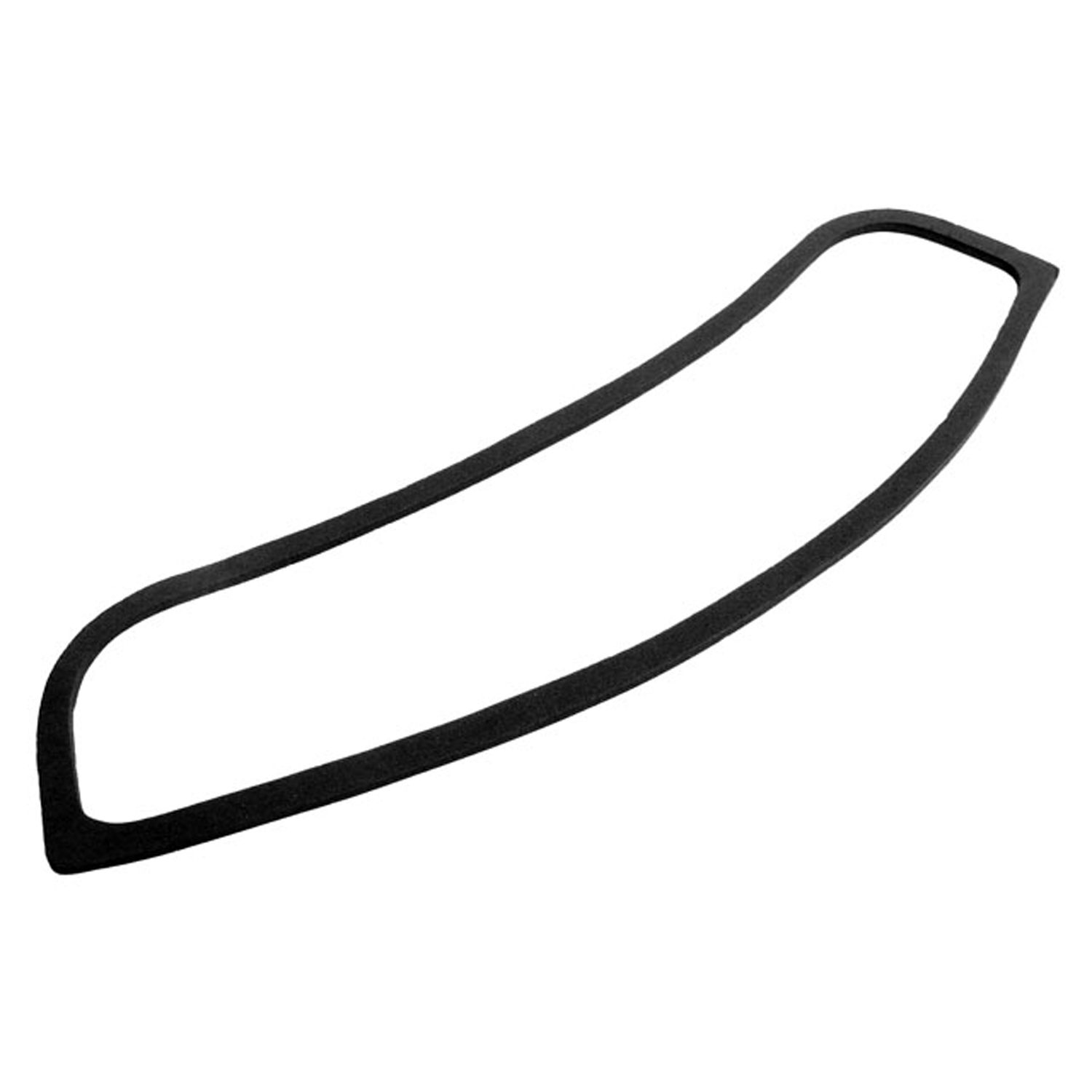 1942 Hudson Commodore Series 22 Cowl Vent Seal. 4-1/2" wide X 18-1/2" long. Each-RP 100-YCowl Vent Seal. 4-1/2" wide X 18-1/2" long. Each
1942 Hudson Commodore Series 22 Cowl Vent Seal. 4-1/2" wide X 18-1/2" long. Each-RP 100-YCowl Vent Seal. 4-1/2" wide X 18-1/2" long. Each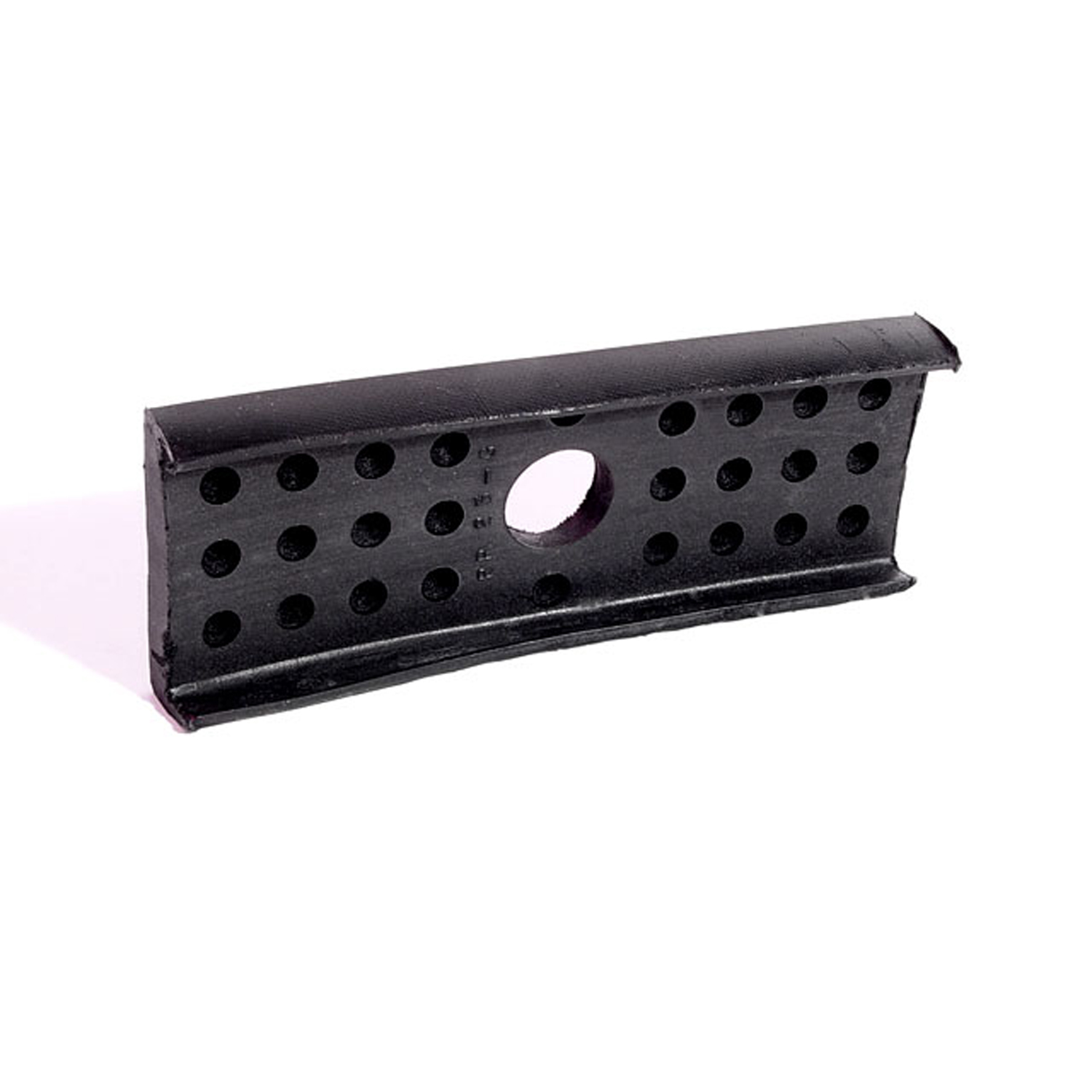 1942 Hudson Commodore Series 22 Rear Leaf Spring Center Mounting Insulator-RP 23-GRear Leaf Spring Center Mounting Insulator. For all 1-3/4" wide leaf springs. Each
1942 Hudson Commodore Series 22 Rear Leaf Spring Center Mounting Insulator-RP 23-GRear Leaf Spring Center Mounting Insulator. For all 1-3/4" wide leaf springs. Each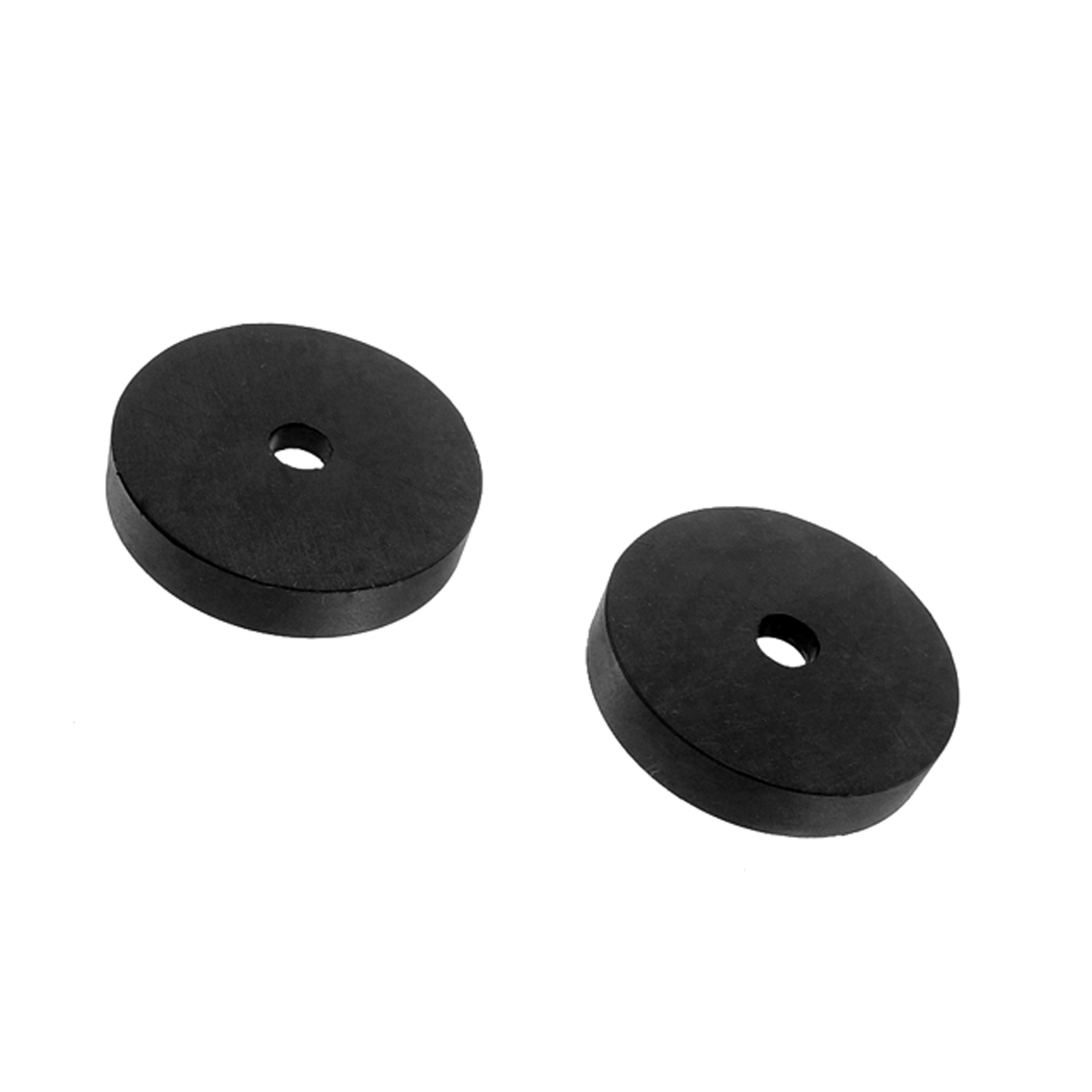 1942 Hudson Commodore Series 22 Clutch and Brake Seals. Seals fit on a round shaft-RP 31-NClutch and Brake Seals. Seals fit on a round shaft. Made of soft rubber. 2-7/16" O.D., 7/16" I.D. Pair
1942 Hudson Commodore Series 22 Clutch and Brake Seals. Seals fit on a round shaft-RP 31-NClutch and Brake Seals. Seals fit on a round shaft. Made of soft rubber. 2-7/16" O.D., 7/16" I.D. Pair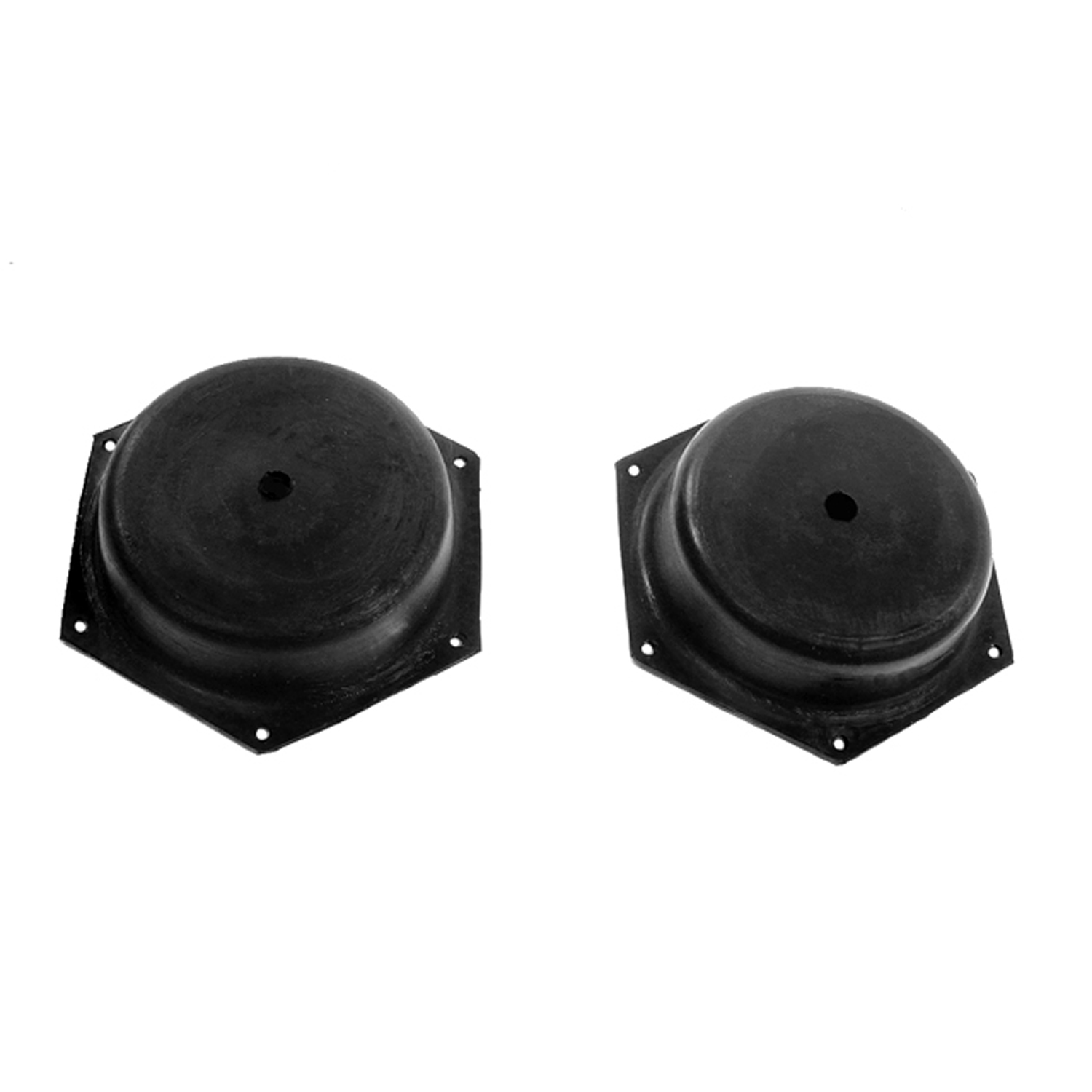 1942 Hudson Commodore Series 22 Drive Master Electric Shift Vacuum Diaphragm-RP 32-ADrive Master Electric Shift Vacuum Diaphragm. For all models with drive master system for standard transmission. Pair
1942 Hudson Commodore Series 22 Drive Master Electric Shift Vacuum Diaphragm-RP 32-ADrive Master Electric Shift Vacuum Diaphragm. For all models with drive master system for standard transmission. Pair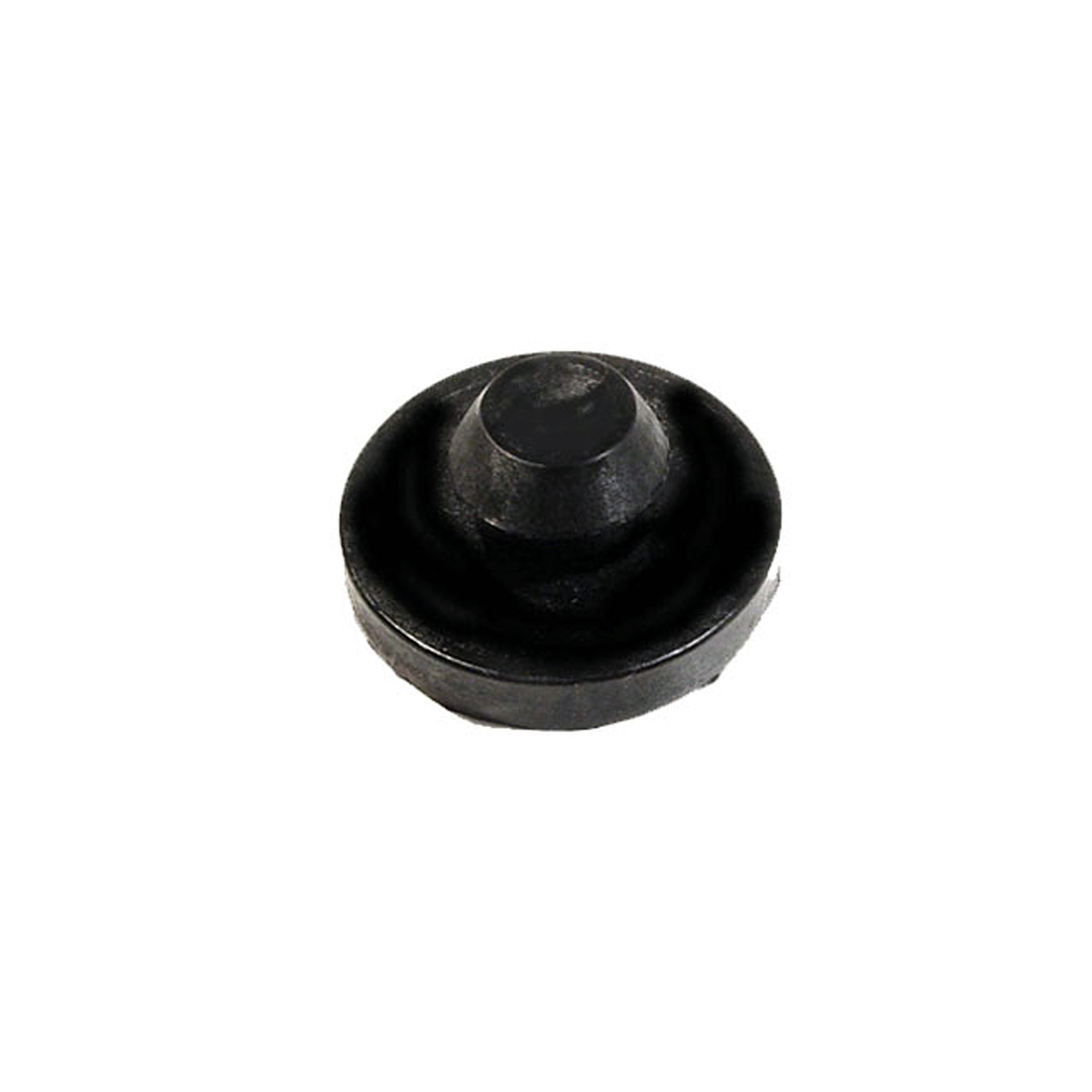 1942 Hudson Commodore Series 22 Clutch Linkage Cushion. 1/4" top thickness, 1-1/2" O.D-SB 33-AClutch Linkage Cushion. 1/4" top thickness, 1-1/2" O.D. Each
1942 Hudson Commodore Series 22 Clutch Linkage Cushion. 1/4" top thickness, 1-1/2" O.D-SB 33-AClutch Linkage Cushion. 1/4" top thickness, 1-1/2" O.D. Each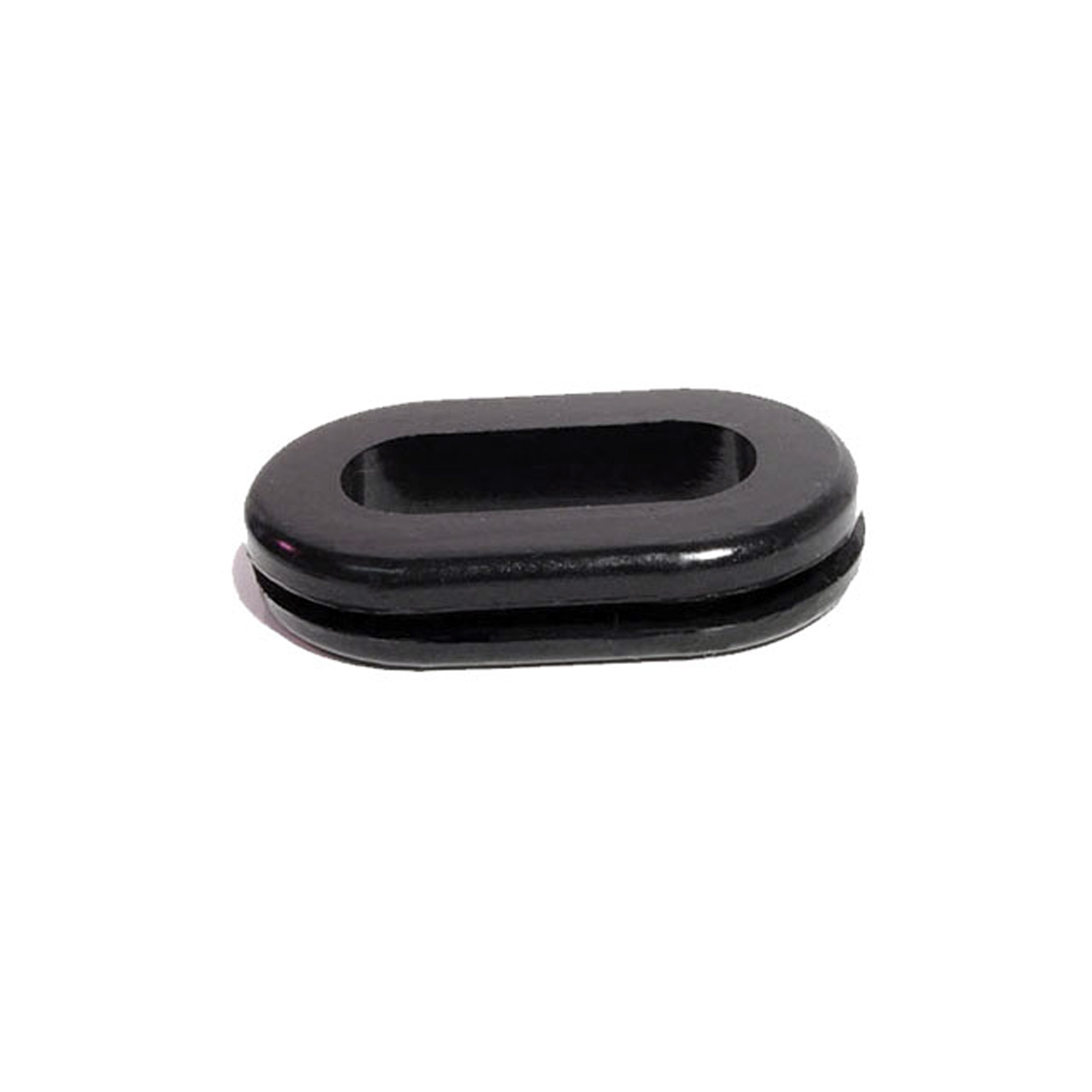 1942 Hudson Commodore Series 22 Headlight Wire through Fender Grommet. Two used per car-SM 100-AHeadlight Wire through Fender Grommet. Two used per car. 1-1/4" inner slot, 1-7/8" long overall. Each
1942 Hudson Commodore Series 22 Headlight Wire through Fender Grommet. Two used per car-SM 100-AHeadlight Wire through Fender Grommet. Two used per car. 1-1/4" inner slot, 1-7/8" long overall. Each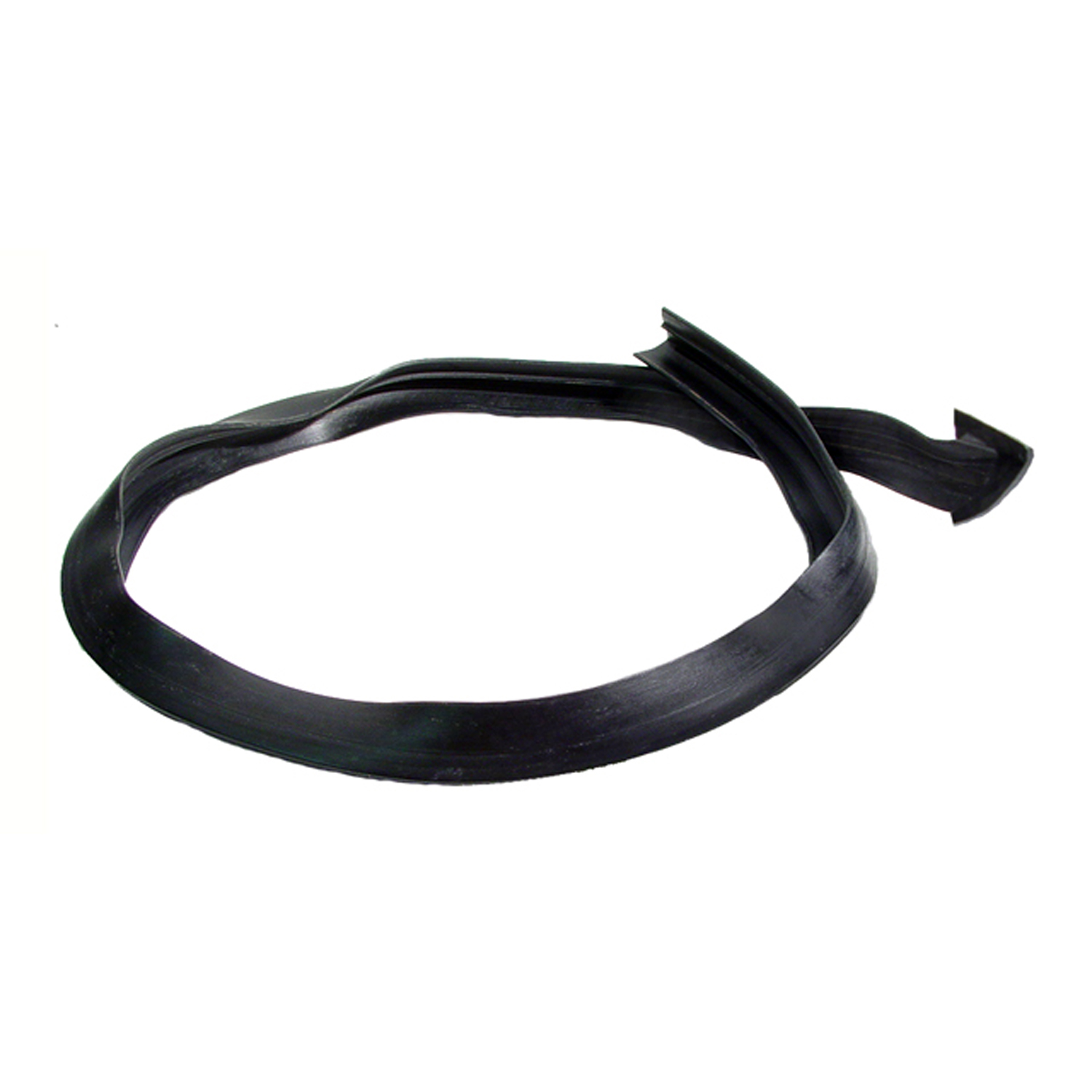 1942 Hudson Commodore Series 22 Vertical Division Seal-VS 6-AVertical Division Seal. 26" Piece, enough for two front vents. Each
1942 Hudson Commodore Series 22 Vertical Division Seal-VS 6-AVertical Division Seal. 26" Piece, enough for two front vents. Each 1942 Hudson Commodore Series 22 Vertical seal for vent window. Dense rubber. Universal part-VS 6-A/FTVertical seal for vent window. Dense rubber. Universal part. Per foot.
1942 Hudson Commodore Series 22 Vertical seal for vent window. Dense rubber. Universal part-VS 6-A/FTVertical seal for vent window. Dense rubber. Universal part. Per foot.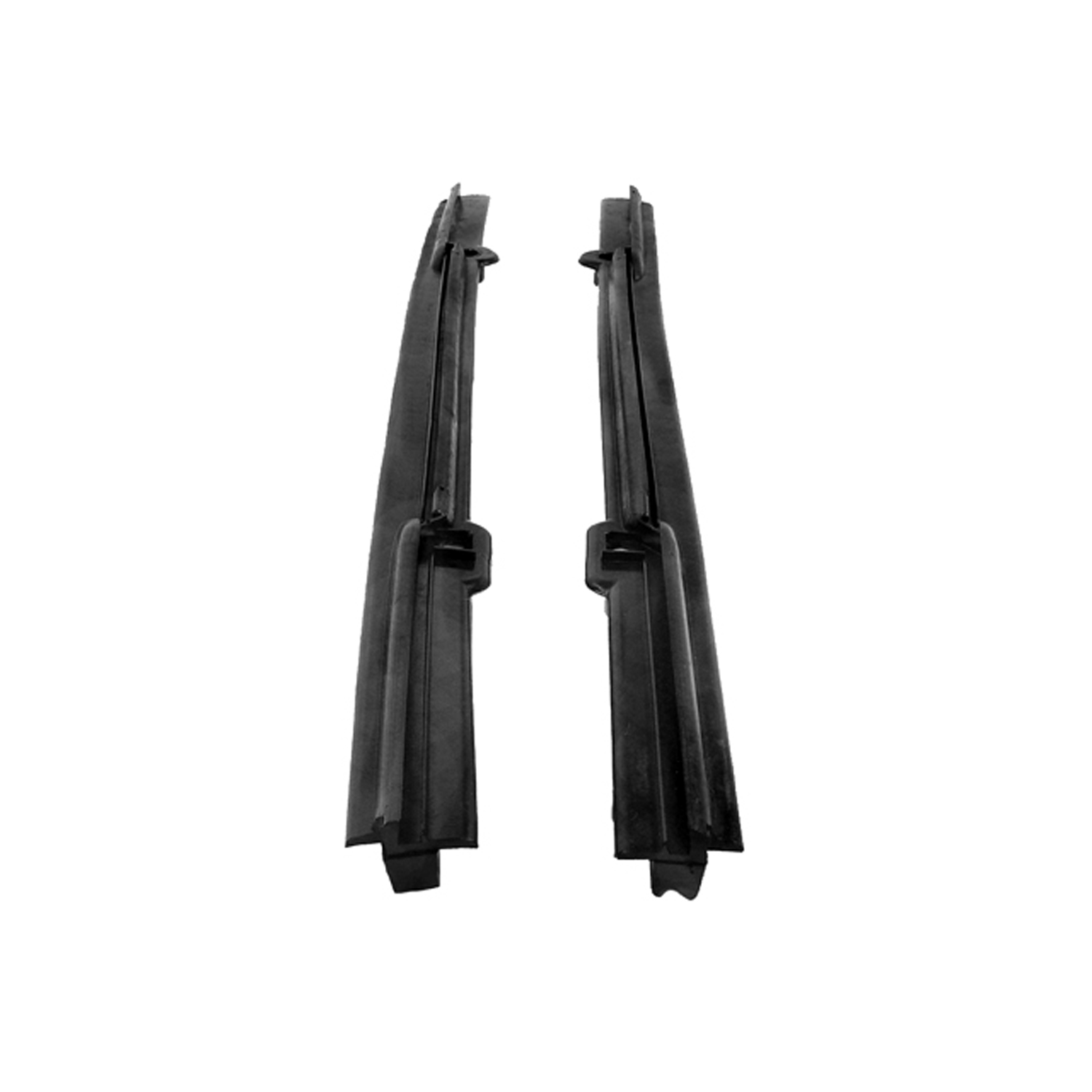 1942 Hudson Commodore Series 22 Front Vent Window Seals-WR 4500Front Vent Window Seals. For all closed models, not convertibles. Pair R&L
1942 Hudson Commodore Series 22 Front Vent Window Seals-WR 4500Front Vent Window Seals. For all closed models, not convertibles. Pair R&L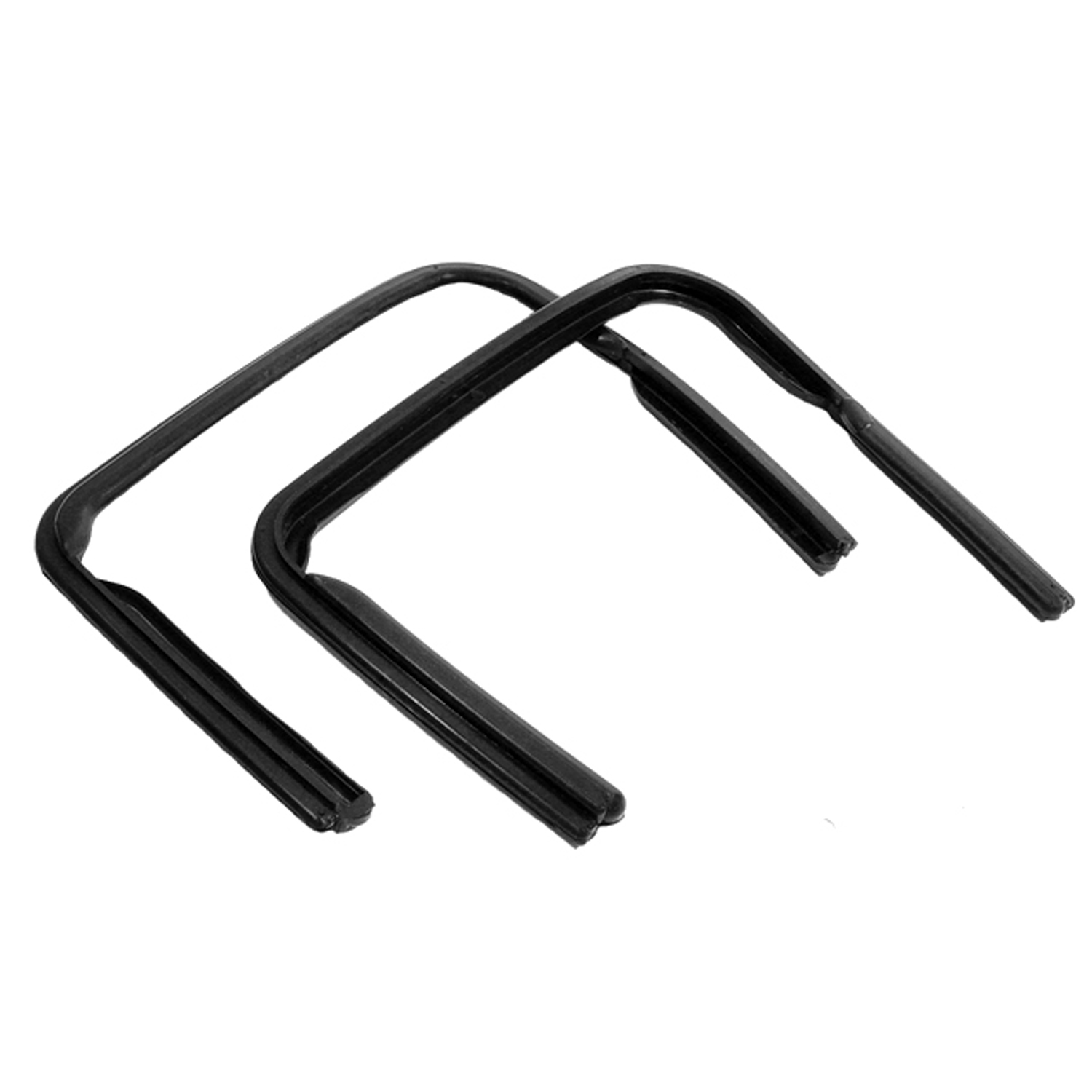 1942 Hudson Commodore Series 22 Front Vent Window Seals, for Convertibles-WR 9Front Vent Window Seals, for Convertibles. 25-1/4" long each. Pair R&L
1942 Hudson Commodore Series 22 Front Vent Window Seals, for Convertibles-WR 9Front Vent Window Seals, for Convertibles. 25-1/4" long each. Pair R&LWhy Choose Metro?
For over 100 years, Metro Moulded Parts has been the pinnacle of quality in classic car restoration parts. Our commitment to precision and authenticity in every component ensures a perfect fit and an OEM-level appearance.
- Expert Craftsmanship & Quality: Each part is a testament to our dedication to reliability and perfection, crafted from original designs and thoroughly tested.
- Advanced Technology: We use cutting-edge techniques to create flawless, long-lasting parts that surpass others in performance.
- SuperSoft Sponge – The Ultimate Door Seal: Not only are our door seals 30% softer than competitors', but they're also guaranteed to never leak. They effectively reduce wind and road noise, enhancing your classic car's comfort and driving experience.
- Proudly American: Our parts are a product of American craftsmanship, made in the USA with a spirit of excellence and heritage.
- Unrivaled Warranty: We back our products with a 30-year industry-leading warranty, a testament to our confidence in their quality.
Join us in preserving the legacy of classic cars with parts that are crafted for perfection, not just made.

